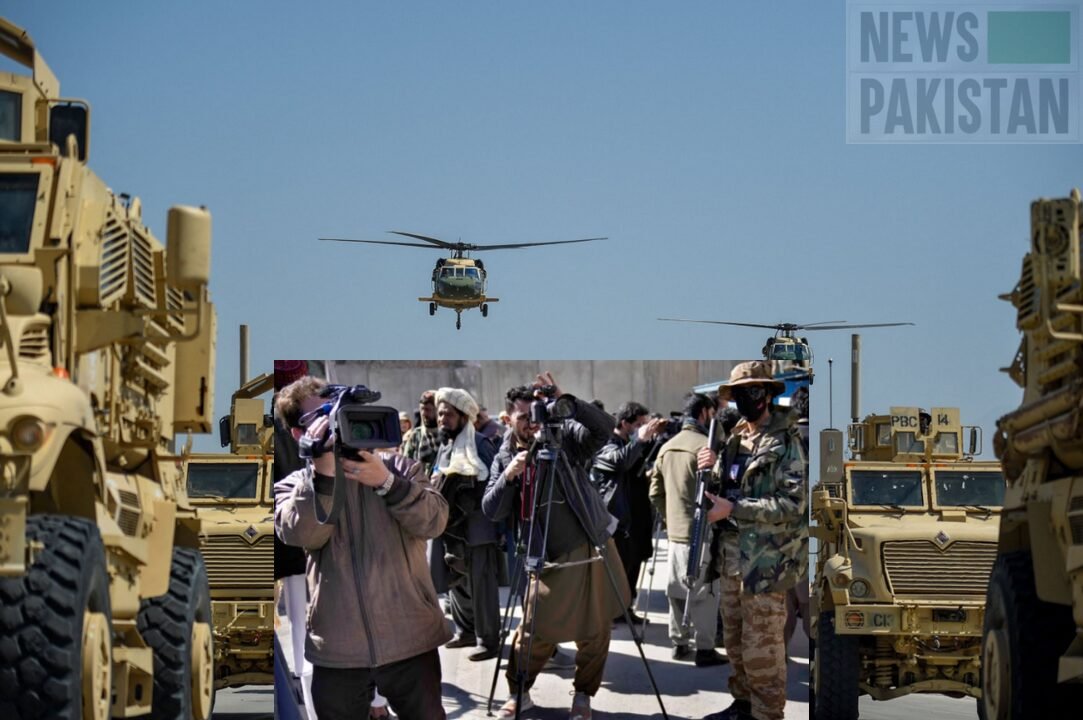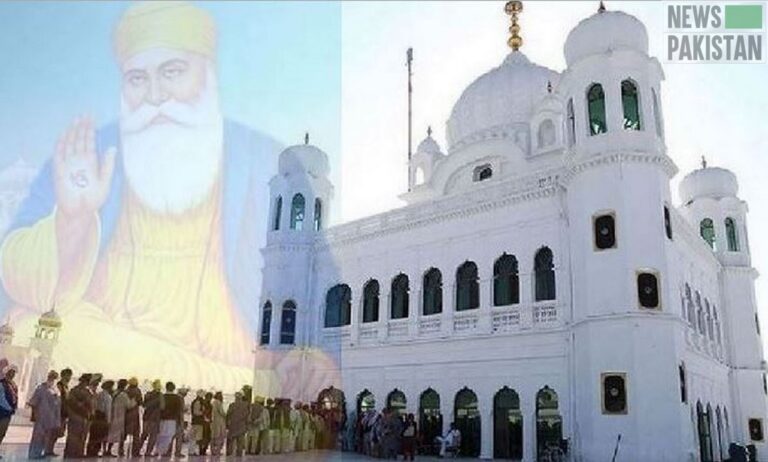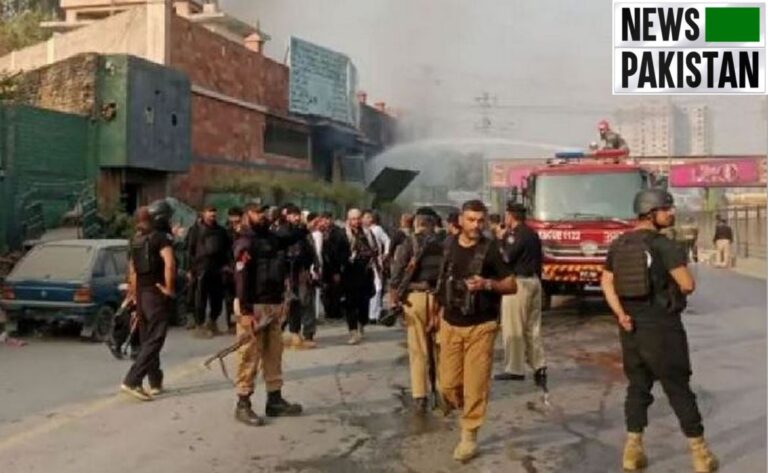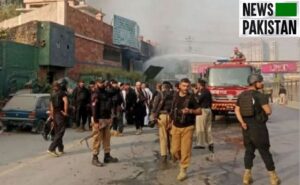KARACHI (NPTV/IFJ*/RSF): Presently, Afghanistan ranks as third worst country for Media coming in at 178th out of 180 on the World Press Freedom Index.
Hundreds of Media Houses have been shut down, thousands of journalists (80 percent of female workers) were shown the door, since the fall of Kabul on 15th day of August, 2023.
According to the International Federation of Journalists (IFJ*) Afghanistan has witnessed the closure of more than half of its Media outlets, with nearly 80 per cent of female journalists losing their jobs due to the new regime’s restrictions.
Reporters Sans Frontiers (RSF), that had been collecting testimonies from Afghan Media workers since 15th day of August, 2021, has informed that 141 journalists are behind the bars in Afghanistan.
IFJ reports that journalists in Afghanistan face a hostile environment characterised by threats, intimidation, arbitrary detention, and violence.
Pakistan Federal Union of Journalists (PFUJ) have been helping out (with the support of IFJ*) the journalists who had been forced into exile (board, lodging and acquiring visas to the countries they wish to go.
Despite no documented killings of journalists in Afghanistan over the past year, the IFJ’s South Asia Press Freedom Report 2023-24 (SAPFR 23-24) highlights 14 unlawful arrests of journalists and the closure of at least three Media outlets between from 1st day of May, 2023 to 30th day of April, 2024, with incidents of enforced disappearances, humiliation, legal summoning, and torture recorded.
The Afghan Independent Journalists Union (AIJU) recorded 85 cases of violence against journalists in 2023, including different forms of aggression.
The Taliban has also commenced efforts to impose stricter controls on Social Media platforms including Facebook, a crucial source of news and information in the country.
Afghan journalists are now required to have their stories approved by Taliban officials and are barred from broadcasting or publishing content deemed ‘contrary to Islam’ under the recent Taliban-issued ‘11 Rules for Journalists.’
While some online platforms continue their activities with the approval and support of the Taliban government, those that operate contrary to the interests of the regime face censorship and filtering, or selectively restricting access to certain content or platforms, as well as the risk of revocation of their licenses.
IFJ reports that the situation for women journalists remains particularly dire, with only 600 active women journalists in Afghanistan as of March 2024, compared to 2,833 women in journalism before August 2021.
Women journalists under Taliban rule are forced to wear mandatory face coverings on television, excluded from press events, receive lower salaries, and face having their voices banned on radio.
The IFJ SAPFR 23-24 found there are reportedly no female journalists operating in the south and southeast of Afghanistan.
On April 22, three radio journalists were unlawfully detained for five days in the southeastern province of Khost, due to allegations that the radio station aired music and broadcast calls from female listeners.
Media outlets also continue to face fresh restrictions and shutdowns, with 17 broadcast licenses of 17 of 14 media outlets in eastern Nangarhar suspended by the Afghan Telecom Regulatory Authority (ATRA) on 22nd day of July, with the Taliban’s Ministry of Communications and Information Technology informing the outlets that their licenses were being temporarily withdrawn due to non-payment of taxes.
Two private TV stations, Noor TV and Barya TV, based in Kabul were suspended on 17th day of April, as the networks were seen to be violating national and Islamic values.
In the past year, initiatives continue to be undertaken, including strengthening the Taliban’s Media Ethics Commission to provide some accountability and providing financial support to struggling media outlets, to improve press freedom and preserve independent journalism.
Despite these efforts, the significant challenges facing Afghanistan’s media community underscore the need for continued international support and solidarity to safeguard journalists and their work.
The IFJ maintained: “On the third anniversary of the Taliban takeover, IFJ stands in solidarity with all Afghan journalists, who continue to persevere under a regime that has attempted to systematically dismantle press freedom and independent media.
“The Taliban’s unremitting censorship, harassment, discrimination, and draconian restrictions have decimated the media landscape, but Afghanistan’s journalists remain steadfast in their commitment to their vital work.
“IFJ calls on the Taliban to do more to ensure all media workers can work safely and without fear, cease its attacks on media outlets, and work with the international community to allow crucial support for Afghan’s decimated media landscape.”
RSF’s Head of SA Desk, Célia Mercier held: “When the Taliban regained power in August 2021, their spokesperson Zabihullah Mujahid told RSF, ‘journalists […] are not criminals […]. There will be no threat against them […]. Soon, they will be able to work as they did before.’
“Yet the regime has shown a completely different face, dark and tyrannical, in their persecution of journalists. The Taliban sow terror through a multitude of arrests and detentions. There is now almost total censorship and no media criticism of the regime is tolerated.
“RSF condemns this repression and calls on the supreme leader of the Taliban, Mullah Haibatullah Akhundzada, to end the heinous arrests of media professionals and restore the right to information in the country.”
__________
*The IFJ represents more than 600,000 journalists in 140 countries










